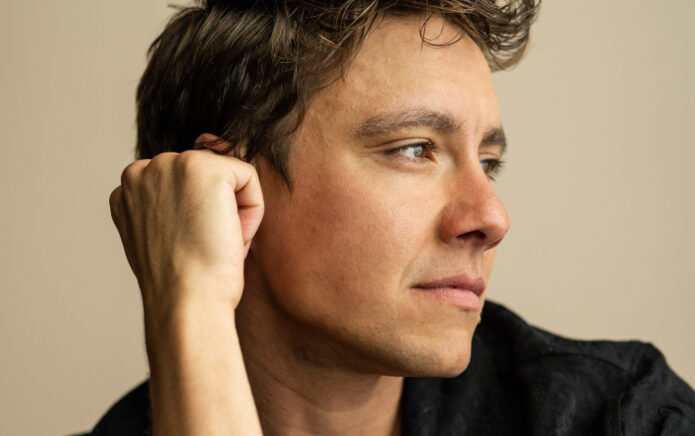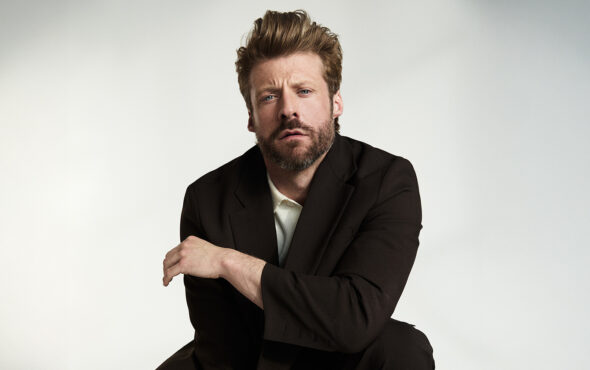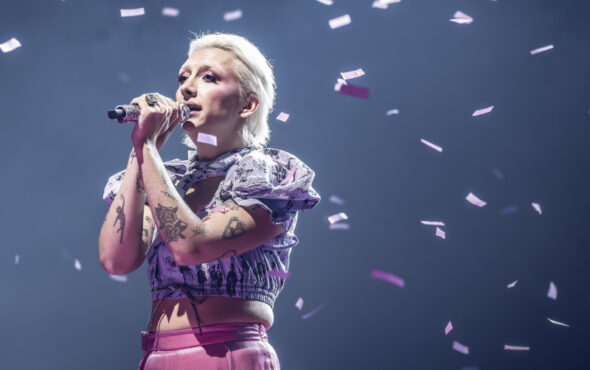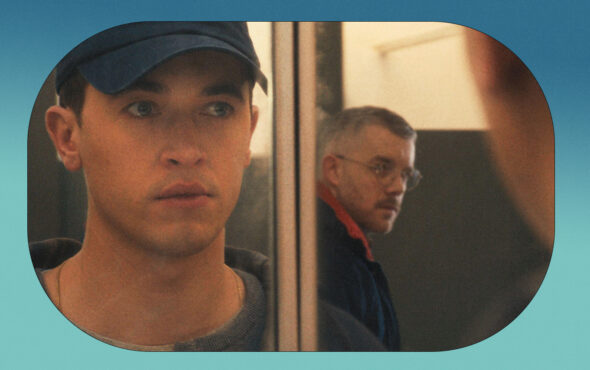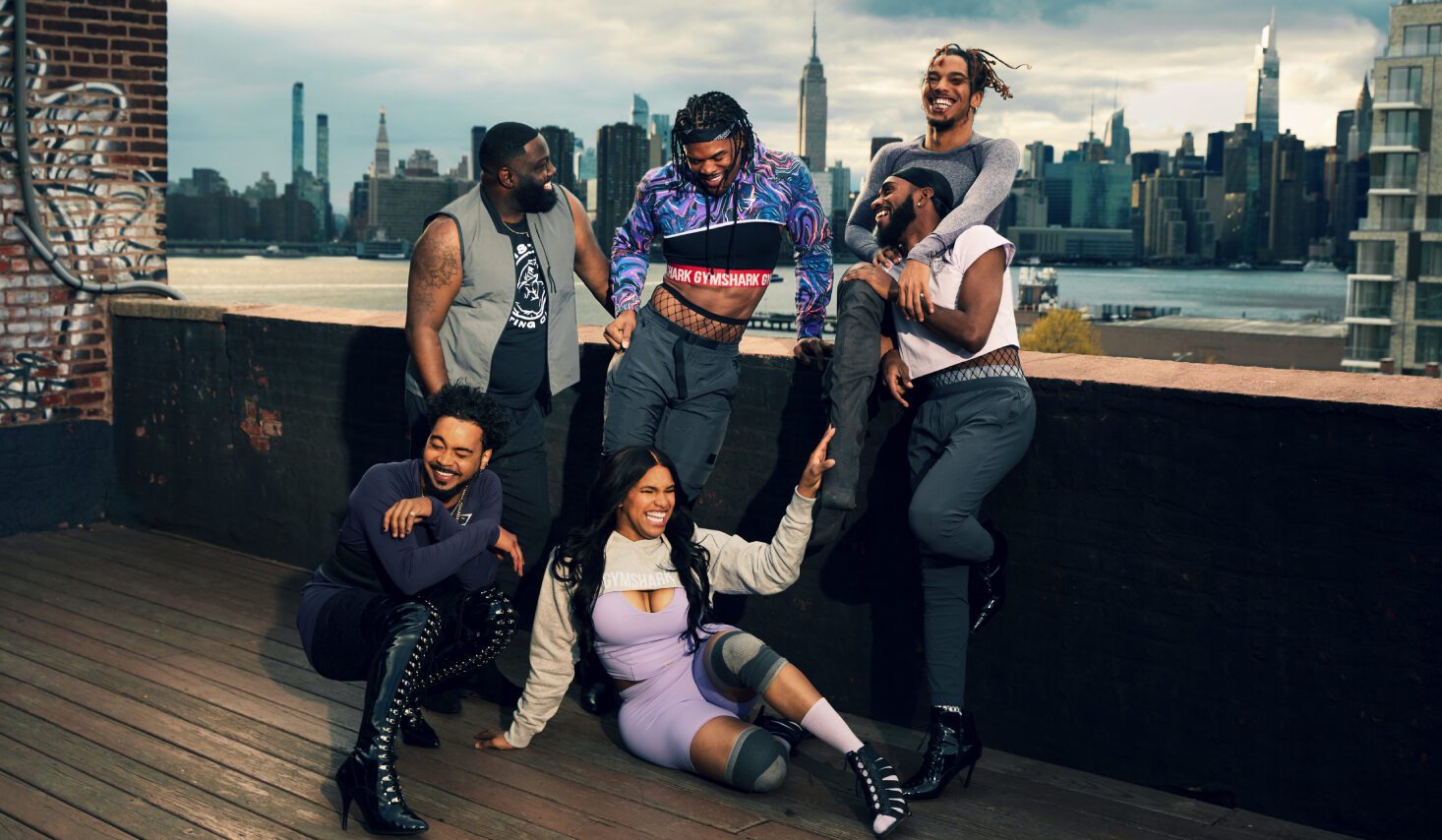
This Pride, Gymshark have been lifting up queer figureheads for Pride, celebrating LGBTQ talent as part of their Pride in Progress campaign. Alongside Angel Joy Flores, the House of Miyake Mugler are some of its stars.
GAY TIMES teamed up with Gymshark to interview each of these inspiring individuals for a two part series, to have an open and honest conversation about their unique journeys. You can find out more about Gymshark’s wider Pride campaign here.
As part of the second and final instalment of the series, GAY TIMES sat down with House of Miyake Mugler, an International Vogue House.
The members of the House of Miyake Mugler unpack how athleticism and knowing your body is an imperative part of ballroom culture.
The energy of ballroom and voguing, whether you’re in the room or watching it at home, is like a headrush. As houses send forth their star children, the cries of the crowd make it feel akin to watching an Olympian cross the finish line, taking the first place podium.
It’s a fair comparison, the House of Miyake Mugler thinks. Both Malik and Diego Miyake Mugler, have been channeling their energy into athleticism and voguing simultaneously, becoming legends of their craft in the process.
As Diego puts it: “There’s an art of Vogue and then there is the sport of Vogue.”
The two, in some ways, are interdependent: marching down a runway and dancing for the crowd is a sweat-breaking situation, and there’s only so much the shrieks of crowd adoration can fuel.
“Ballroom definitely feels like a sport to me,” Malik concurs. “Voguers use the majority of the muscles in their body when they are performing – I’ve received more injuries from Voguing than any sport I’ve ever played.”
With a mix of gym, yoga and meditation, Diego has conditioned his body in a manner that makes voguing and fitness his two parallel passions. Having been interested in fitness growing up in North Carolina, he segued from dancing into voguing, ending up with the Miyake Mugler House.
Though he’s been doing this for some time, he and the house’s big break came on season two of Legendary, the HBO Max show that puts Houses against each other on a thrilling, mainstream scale. The show’s judging panel includes Leiomy Maldonado, also known as the “Wonder Woman of Vogue”, actor Jameela Jamil and Law Roach, Hollywood stylist du jour.
Diego regularly walks in their Body category. “The prep before Legendary was very difficult, but revelatory,” he says. “I found myself practicing and learning categories that I never walked before, while also conditioning my body in ways I never did before.”
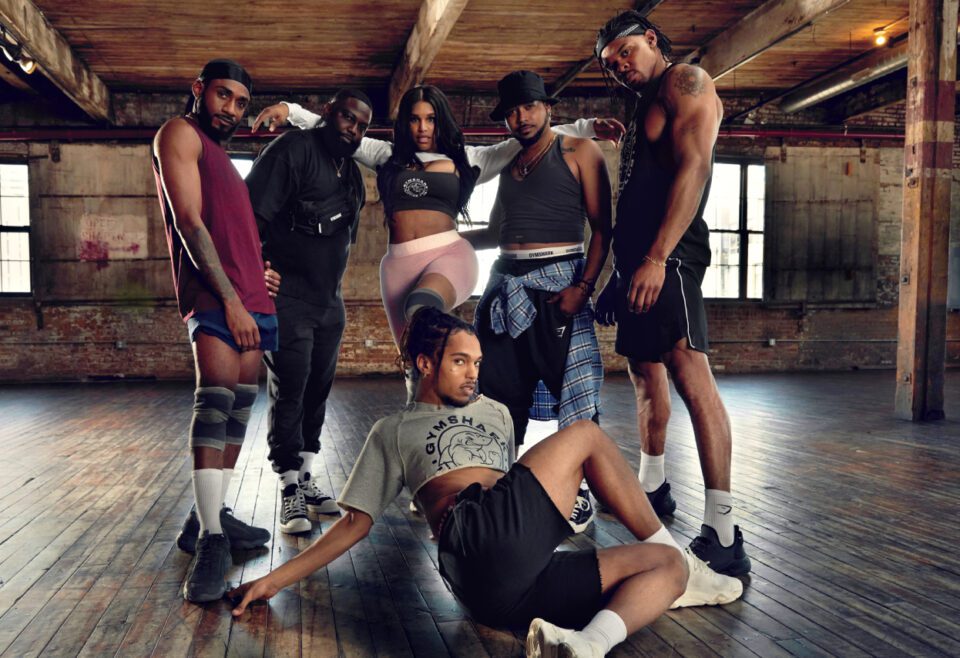
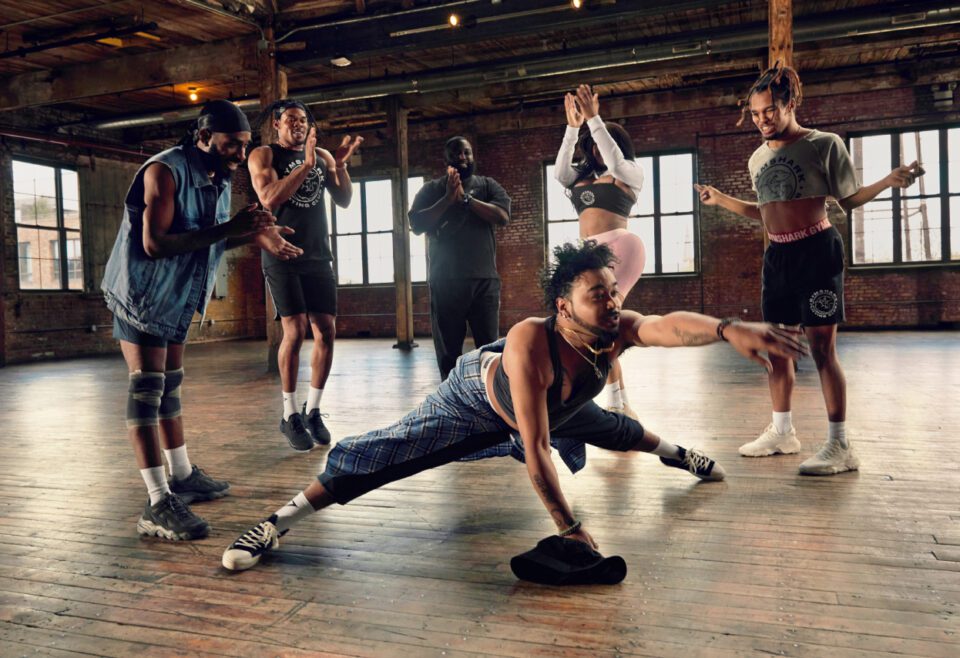
In fact, there’s plenty of parallels between preparing for a traditional sport and preparing for a ball. “The day of the ball I like to stay extra hydrated and try to keep my interactions with people minimal so that I can center myself mentally before performing,” Malik says. But there’s a pleasant, queer twist to the prep: Malik organises his outfit the day prior, to make sure a real look is turned too.
Of course, these two artists are oracles of knowledge when it comes to getting in shape and staying there. Their advice? Malik recommends that you “be consistent. No matter what physical activities it is that you love, just do it as often as you can.”
Diego adds that “he always tells people to take their time when it comes to their fitness journey. Results don’t happen overnight. It requires hard work, patience, and consistency.”
It can be an arduous task and an anxiety-enducing experience for queer people. Perhaps it’ll be a comfort to know that even those in athlete-standard shape regularly confront the kind of issues with body image that are prevalent amongst queer people. “It takes a lot of confidence and pride to come out to the world as queer and that is the same confidence that you should have in your body,” Malik says, “because those are two things that make you who you are. Own it!”
You’re not alone, Diego adds, but fighting it is imperative: “No matter what you may be convincing yourself about your outer appearance, if you don’t learn to be happy with all of your alleged flaws, you will never see the beauty in you.”
The key, of course, is not to be in the traditional understanding of “perfect shape”, but to be in the shape that makes you most happy. Voguing can be a sport, yes, but moreover, ballroom is a place for acceptance and self expression. Focus on how exercise can aid your mental health: that’s the internal achievement that matters most.
